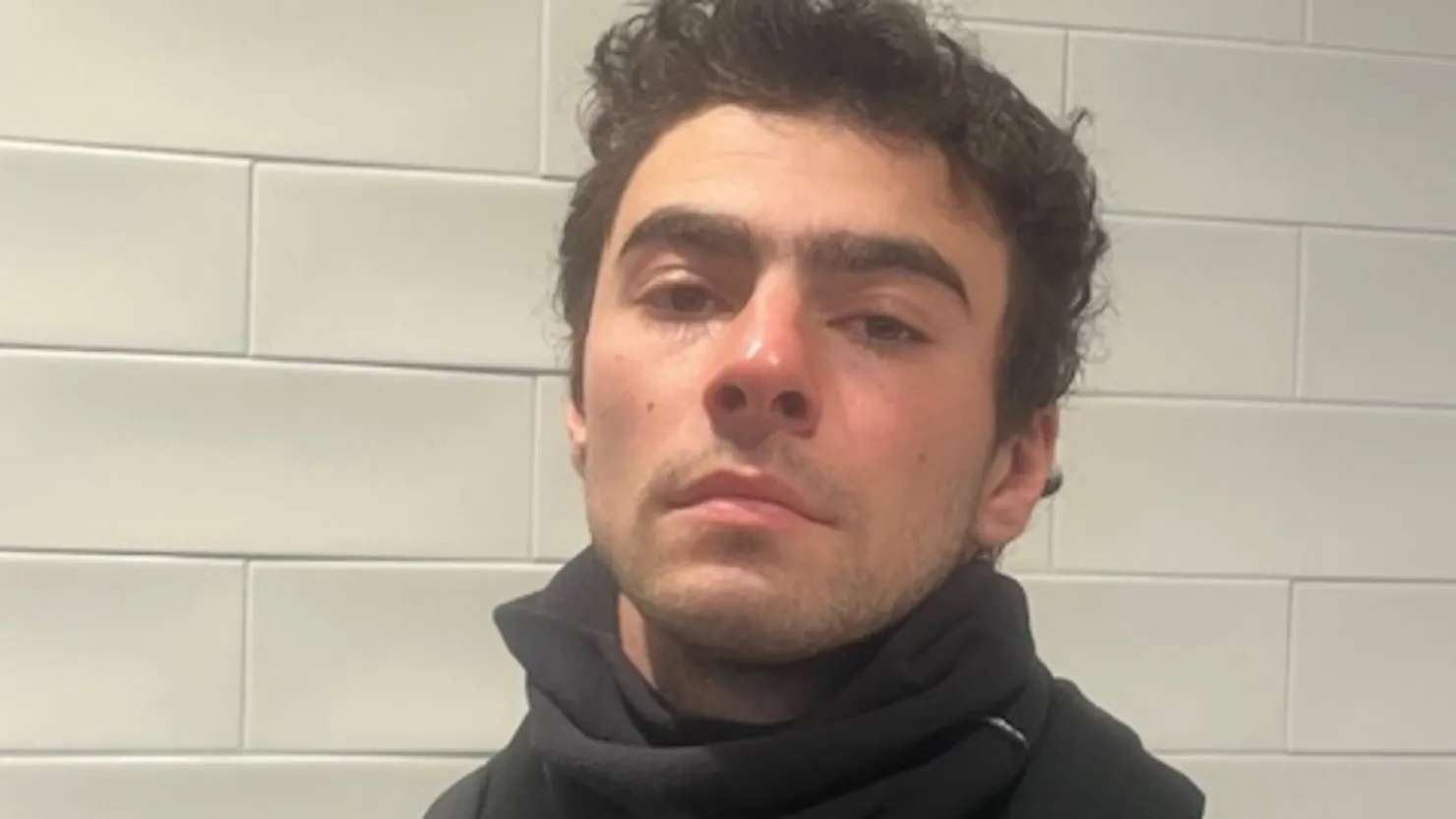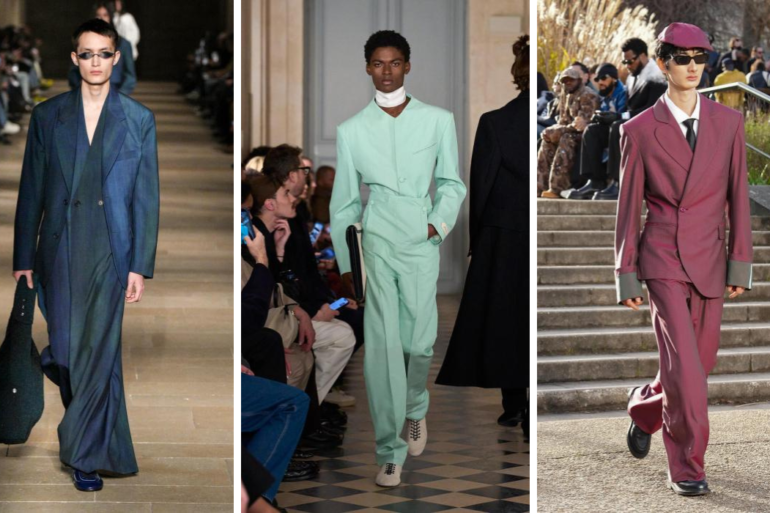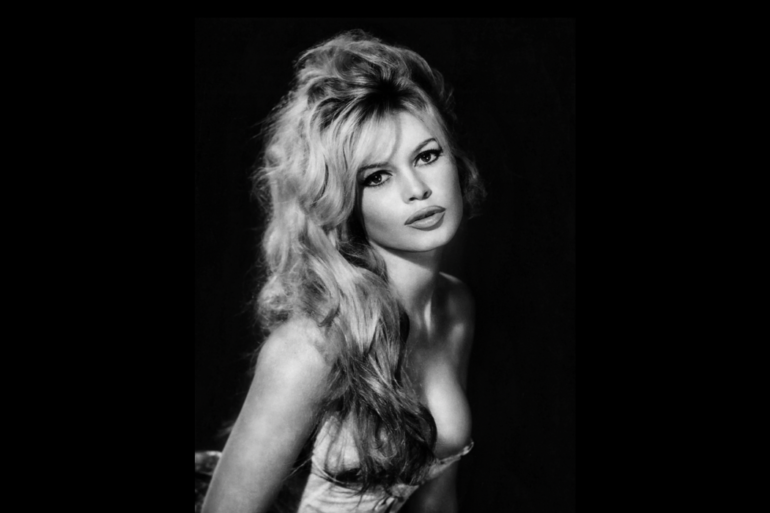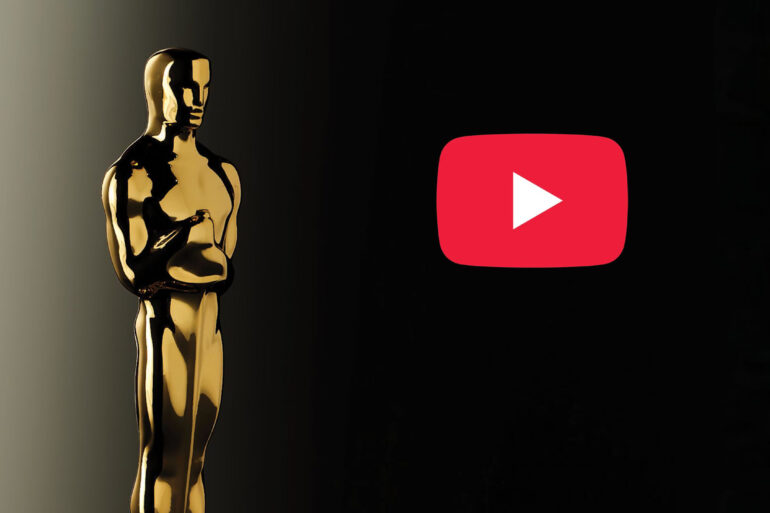We all saw the nickname ‘hot assassin’ coming from miles away—as well as the outpouring of frustration over America’s insurance industry.
Every so often, the internet gets fixated on an individual. Most often, it’s a celebrity or a politician, or someone famous who is embroiled in a scandal or does something that earns the ire of the online community. In rare instances, the object of fascination is someone—or something—wholesome, as in the case of viral pygmy hippo Moo Deng.
But every now and then, people get fixated on a person that achieves fame (or infamy, to be more exact) by way of questionable morals or a heinous crime. People are drawn to them—in one way or another—despite their notoriety.
Related story: New York stories
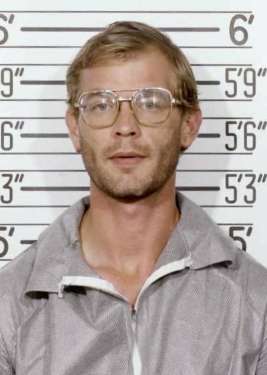


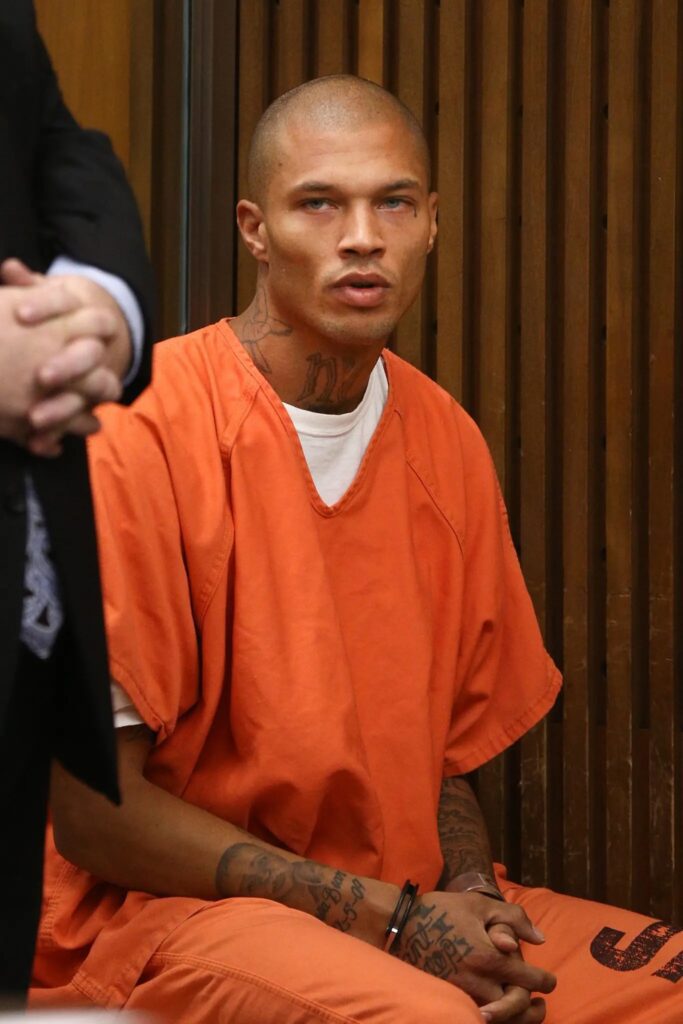


The US has a rather long list of such people. There’s Charles Manson, O.J. Simpson, and Jeffrey Dahmer, to name a few. In 2014, Americans were seduced by Jeremy Meeks, or more popularly known as “the hot felon.” Meeks’ mugshot became a meme, and he, a model when he was released.
Fast forward to a decade later, the world found itself transfixed by 26-year-old Luigi Mangione, the primary suspect in the fatal shooting of UnitedHealthcare CEO Brian Thompson on a New York City sidewalk. Americans were especially captivated that Etsy, Amazon, and eBay got swamped with pro-Mangione apparel that they had to eventually take down from their sites.
All this begs the question: Why do people give in to the allure of the “bad boy,” specifically of Ivy League-turned-assassin Luigi Mangione? The POST unpacks the reasons behind the “objectification of the accused.”
Related story: Turning the tide: Why it’s long overdue for rape-related shame to switch sides
The ‘hot assassin’
Let’s start with the obvious. Luigi Mangione is attractive. More than that, he’s got the brains and the bank account, coming from Baltimore old money. He’s got it all. That is, until Dec. 9 when he was finally arrested in Altoona, Pennsylvania after being spotted in a McDonald’s.
But even before Mangione was arrested as the primary suspect in the Thompson murder, CCTV photos of his unmasked face had made the rounds online, with netizens swooning over his cherub curls, chiseled jawline, and ripped midsection. Further adding to Mangione’s lionizing is the narrative that he threw a life of “promise and privilege,” borrowing the words of The New York Times. This made him even more appealing.
“If the guy is fit, you must acquit,” says one post on X. “He’s even hotter with his mask and shirt off,” posts another. We all saw the nickname “hot assassin” coming from miles away.
Even celebrities couldn’t help but gush over his good looks. On Mangione’s widely circulated topless shot while hiking, American comedian and writer Stephen Colbert jokes, “You know that guy’s Italian, because you could grate parmesan on those abs.”His fellow late-night host Taylor Tomlinson corrects him: “Would.”
Jonathan Van Ness of the popular show Queer Eye, suggests in a Threads post that the next season “should be solely dedicated to Luigi Mangione, no?” He adds: “I would not touch those gorg curls. Well maybe just refresh them. But the brows, would never touch.”
Related story: What makes a handsome man? Well, we’re in the era of ‘hot rodent men’ right now



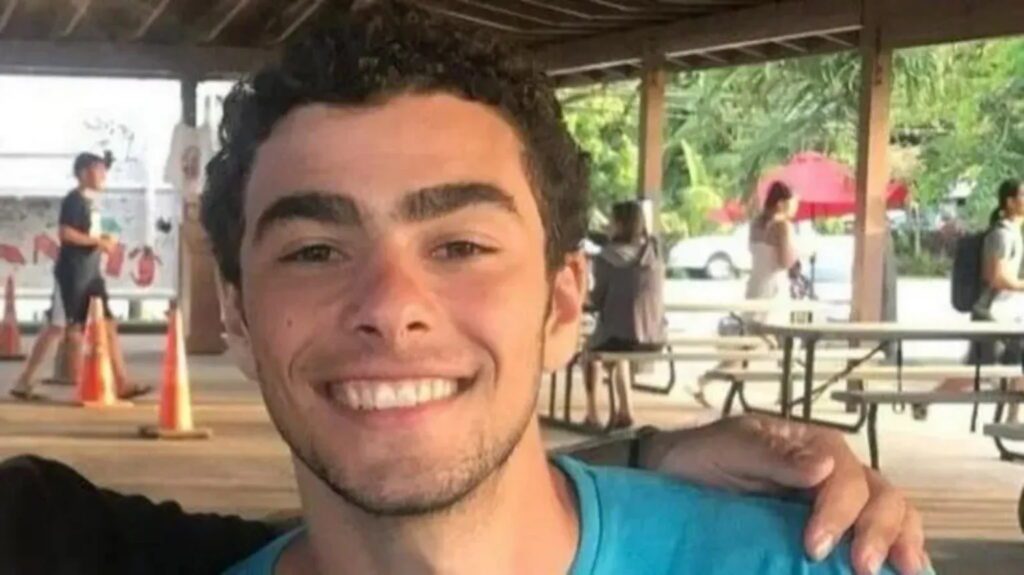


But why do people find certain “bad boys” attractive? The answer warrants a separate article all together, but allow me to give you some of the reasons.
There’s what experts call “the halo effect,” which Britannica defines as “an error in reasoning in which an impression formed from a single trait or characteristic is allowed to influence multiple judgments or ratings of unrelated factors.” Put simply, the so-called “halo effect,” refers to the tendency of the public to equate innocence with attractiveness.
Bad boys also typically exude a sense of confidence and charisma that many find appealing. This, however, can be misconstrued as a sign of strength and assertiveness. Forbes has an article that distills the allure of the ‘bad boy archetype’ into three reasons: aura of confidence, the tempting love-hate dynamic, and the complex dynamics of love bombing.
In an article on BBC, cultural critic Blakely Thornton explains that Americans are “effectively programmed” to trust and empathise with men who look like Mangione. “That’s why they are the protagonists in our movies, books and stories,” he adds.
The making of an “outlaw-hero“
But the fascination with Luigi Mangione goes beyond his perceived attractiveness and deserves an even closer look. A large part of his appeal draws from his apparent contempt against the private healthcare industry and corporate elites —something many people (not just Americans) can empathize with.
In an attempt to make heads or tails of the situation, an article in The New Yorker notes the difference between a “mere criminal” and an “outlaw.” Using the definition of American folklore scholar Richard E. Meyer, an outlaw is “a distinctively, though not exclusively, American folktype.” He wrote that “the American outlaw-hero is a ‘man of the people;’ he is closely identified with the common people, and, as such, is generally seen to stand in opposition to certain established oppressive economic, civil and legal systems peculiar to the American historical experience.”
The outlaw-hero’s persona then is that of a “good man gone bad.” Of this, we can think of several examples, starting with the most famous of them all—Robin Hood. In more recent pop culture, we have the likes of Captain Jack Sparrow and Han Solo. There’s also Walter White of “Breaking Bad,” who started cooking meth because his insurance didn’t cover his lung cancer treatments and to provide for his family upon his death.
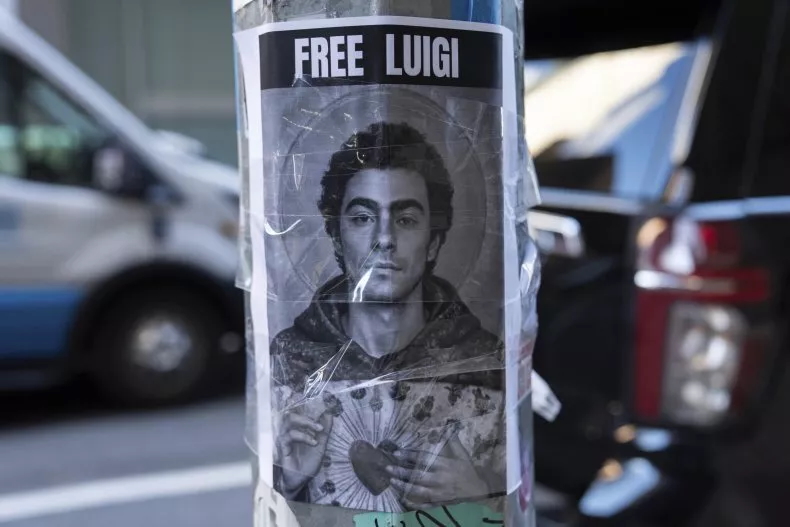


The article, using Meyer’s definition, continues to unpack the outlaw-hero as someone whose crimes must “be directed only toward those visible symbols which stand outside of and are thought of as oppressive toward the folk group.” In exchange for both his audacity and his discretion, “the outlaw-hero is helped, supported and admired by his people,” he continues.
Now, it’s our turn to dissect Luigi Mangione’s persona and see if it fits Meyer’s taxonomy of the antihero. Is he closely identified with the common people? Check. Despite his enviable pedigree, he is pretty much your typical, computer geek, guy-next-door, albeit more handsome than your run-of-the-mill Joe.
Is he generally seen to stand in opposition to certain established oppressive economic, civil and legal systems? Is his crime directed only toward visible symbols thought of as oppressive toward the folk group? Big red check mark.
The New York Times reports that in the three-page statement that Mangione had with him when he was arrested, he described the killing as a “symbolic takedown” and a direct challenge to the health care industry’s “alleged corruption and ‘power games.’”
In the wake of Thompson’s shooting, the US saw an outpouring of frustration aimed at the nation’s insurance industry. Mangione also received overwhelming support from Americans regardless of their political leanings. Many saw the shooting as “justified vengeance” against healthcare executives and companies that deny thousands of medical claims each year. Worth mentioning is that UnitedHealthcare is the largest and most profitable health insurer in the U.S.
Lastly, is he a good man gone bad? Check—if we were to believe family and friends who only have the nicest things to say about him. Police investigators also said in their report that the suspect “likely views himself as a hero of sorts” who had decided to take action.
And because Mangione fits into all these, he is “helped, supported and admired” by “his people,’” following Meyer’s description. In the same report on The New York Times, social media seemed to have largely backed Mangione, who has become a household name overnight. Ironically, some would even struggle to remember the name of the victim. To many, especially those who share the same insurance woes, the University of Pennsylvania alum has become a real-life folk hero.



And yes, more than the support and admiration, there are people who have donated to his legal fees. Newsweek reports a certain anonymous donor who contributed $1,000 to a GiveSendGo for Mangione’s legal fund: “For my mother. A victim of the insurance industry. RIP. To Mr. Mangione: thank you for your sacrifice. May others follow in your footsteps of bravery and justice. For all who were a victim of the injustices of insurance industry: ‘Eternal rest grant them O Lord and may your everlasting light shine upon them.'”
Similar to Meyer’s taxonomy of the antihero or folk hero, is historian Eric Hobsbawm’s concept of the “social bandit” — one man seen as taking a stand against an unfair system. Again, Mangione fits the template to a tee.
The New Yorker article describes Mangione’s rise to folk-hero status impeccably: “The folk hero is a folk hero precisely because he does what we would never dare. Most of us have felt something like hate in our lives; most of us would never dream of harming anyone. Hatred corrodes the soul, but the smallest sip of it, now and then, can be intoxicating. It can remind us that we are still alive.”
What’s the latest?
As I’m writing this piece in the afternoon of Dec. 18, a Manhattan grand jury has indicted Luigi Mangione for murder as an act of terrorism, according to newly released court documents, per CNN. He faces 11 counts, including one for murder in the first-degree and two for murder in the second-degree in Thompson’s killing on December 4 in New York, along with weapon and forgery charges.
Mangione is currently being held without bail in a Pennsylvania jail, and his lawyer Karen Friedman Agnifilo tells CNN her client is not going to fight extradition to New York. If convicted, he faces a sentence of life in prison without the possibility of parole.



More than the legal aspects, a Newsweek article gives a detailed update on the Mangione’s ‘folk hero’ narrative, which it describes as “starting to fall apart.” Per the report, a UnitedHealth Group spokesperson confirmed to Newsweek that neither Mangione nor his parents were insured by UnitedHealthcare. This raises doubts as to whether Mangione was targeting Thompson because of a claim denial.
The article also mentions Reddit posts written by Mangione which suggest that the spinal surgery he received last year was successful, further putting to question theories that a medical condition played into his alleged decision to shoot Thompson.
Some words of caution
While it’s so easy to get caught up in the conversations surrounding the Luigi Mangione saga, whether it’s on the systems that repress and take advantage of us, or on why attractive people get treated better (even those accused of crimes), it’s worth reminding everyone that Mangione allegedly took a human life. If proven guilty, he would have committed a truly horrific crime.
Vigilante justice should have no place in a just and humane society, we Filipinos should know that all too well. And what usually gets lost in the cacophony surrounding the case (as in the drug war here at home) is the reality of the violence that occurred and the victims toward whom the act of violence was directed.
We should be vigilant enough to not let the veneer of good looks take away the gruesome reality of a crime—especially when a life was taken.

